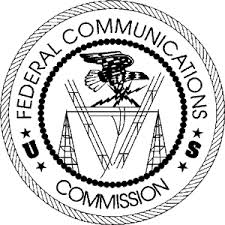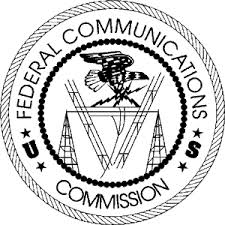TCPA Regulations Will Be Effective October 16, 2013.
The 1991 Telephone Consumer Protection Act (TCPA) prevents consumers from receiving unwanted calls, voice messages, text messages, and other types of telephone communication. As October 16 approaches, the TCPA’s new rules will be taking effect. Now there is a required written consent from customers for texts made to cell phone for solicitation. For informational texts and other non-solicitation texts, the existing “prior express consent” standard will continue to suffice. For example, the new rule does not apply to purely informational or transactional calls or messages, such as sending a link to a web site, flight updates, surveys, or bank account fraud alerts. However, an informational text that includes an up sell – such as a flight update followed by an offer inviting the consumer to upgrade to first class – would require written consent. There is limited guidance on what constitutes a solicitation, but to paraphrase the Federal Communications Commission (FCC), “If the text, notwithstanding its free offer or other information, is intended to offer property, goods, or services for sale in the text, or in the future, that text is an advertisement.” We will review the newTCPA regulations for you here and tell you why this is so important.

So What Does This Mean?
Consumer consent must be explicit, meaning that the consumer must receive a “clear and conspicuous disclosure” that they will receive future calls that deliverer autodialed and pre-recorded telemarketing messages on behalf of a specific advertiser. Their consent is not a condition of purchase, and they must designate a phone number at which to be reached. Limited exceptions apply to this requirement, such as calls, texts from the consumer’s cellular carrier, debt collectors, and schools.
Providers of text message programs are advised to look at the content of their programs and determine whether they are sending messages for solicitation purposes. If they are sending text messages for solicitation purposes, then they must meet the “prior express written consent” standard. The revised rule defines “prior express written consent” as a signed written agreement that clearly and conspicuously discloses to the consumer that:
• By signing the agreement, he or she authorizes the seller to deliver, to a designated phone number using an automatic telephone dialing system, telemarketing text messages; and
•The consumer is not required to sign the agreement or agree to enter into it as a condition of purchasing any property, goods, or services.
The required signature may be obtained in compliance with the E-SIGN Act, including via an e-mail, website form, text message, telephone key press, or voice recording.
If the provider is sending solicitation messages, they will only be protected if they obtain opt-in with a full signature (in compliance with the E-SIGN Act) with the clear disclosures above. The FCC defines clear and conspicuous as “apparent to the reasonable consumer, separate and distinguishable from the advertising copy or other.”

To restate, starting October 16 advertisers need to responsibly obtain written signatures before they can make telemarketing calls and texts to consumers. Having a prior relationship with a customer has no bearing on this obligation. Under no circumstances can making a purchase be contingent upon giving consent. If not, class action suits can be filled over violations of the TCPA; fines can range from $500.00 to $1,500 per unsolicited call or text. A class action suit filed against DirecTV alleged that the company contacted customer’s cell phones using pre-recorded messages to offer them satellite television services. Bank of America also faced six class action suits under similar allegations earlier this year. Bank of America proposed a $32 million settlement to end the complaints.
These new TCPA regulations will help ensure that consumers continue to feel positive about receiving these messages from marketers. It is your job as an SMS marketer to make sure you are compliant with these new regulations, or you will suffer terrible consequences.









Leave a Reply
Want to join the discussion?Feel free to contribute!